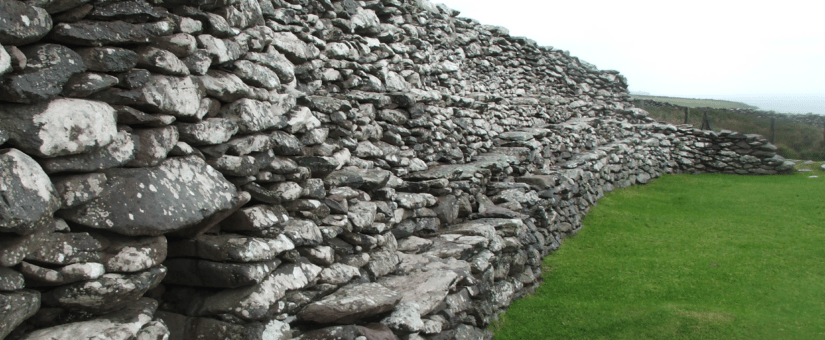
The Ultra-Genius Gene: Micro-Evolution and Genetic Anomalies
. . . the greater the diversity of possible responses, the more disturbances a system can absorb. For each type of disturbance, the system must contain some counteracting response. . . . The law of requisite variety provides an insight into well-functioning complex systems. The diversity of potential responses must be sufficient to handle the diversity of disturbances. If disturbances become more diverse, then so must the possible responses. If not the system won’t hold together. (Page, 2011, p. 204, 211)
Is it possible that the micro-evolution occurring within diverse, innovative societies is propelled in part by the biological anomalies (mutations) that are to be found among the ultra-geniuses? Do biology and sociology come together when we consider the nature of revolutions? Is Luther’s revolution a combination of his own mutated genetic makeup and the mutating diversity of Western European society during the reformational era in which Luther lived?
The Other Side of Evolution
We must also consider the less robust side of evolution and revolution. Like the forgotten men and women in Kuhn’s tales of scientific revolutions, many of us with genetic anomalies might find these anomalies to be “disabilities” and a source of social alienation (even cause for us being labeled “insane” or mentally inferior). It might require an alignment between one’s mental/ physical anomalies and social, cultural or political forces to ensure ultra-genius status. The athlete who can run faster and farther than anyone else will find these talents to be of great advantage only if she lives on the Savannah of Africa or participates in the Olympics. Otherwise, these talents may go to waste or be discounted.
I am reminded of the life led by Mack Robinson, the brother of Jackie Robinson (who famously broke the color-barrier in American baseball). Mack won the Silver Medal in the 200 meter dash at the 1936 Olympics (losing only to Jesse Owens) and graduated from the University of Oregon (setting many national track and field records). Some say that Mack was even more talented as an athlete than Jack; yet when he returned home to Pasadena California, he found no hero’s welcome or even a decent job. He cleaned streets in his Olympic jacket. Though Mack was honored much later in his life, his ultra-genius skills (perhaps genetic anomalies) were not appreciated in the late 1930s and he suffered greatly from this mismatch of talent and contemporary societal attitudes and structures (as did his brother in a more triumphant manner).
There is an additional downside to the ultra-genius hypothesis. The potential genes that lead these exceptional people to influence human evolution might not be all-to-the-good. For instance, some evolutionary biologists – and philosophers—have questioned the environmental advantage of consciousness in human beings. Would we be better off operating more like zombies than like self-conscious human beings who are constantly balancing off interwoven thoughts and feelings? Does consciousness lead us to both art and war? Are we not only intelligent creators, but also bigots, liars and thieves—violent and self-justifying? Was Hitler “blessed” with exceptional genetic anomalies that led to divergent viewpoints and exceptional oratorical skills? Would we (or at least our planet) be better off without those ultra-geniuses who have helped to “elevate” our species to the point that we dominate the resources of our fragile earth? Would we be better off without Martin Luther and the societal changes that his theology inspired? Obviously, we need to change our current consciousness if we are to survive as a species and if our world is to survive our dominance. Yet, would these issues of survival even become center-stage if we had remained hunter-gatherers or, like other primates, a minor species (in terms of environmental space occupied)?
- Posted by Bill Bergquist
- On December 4, 2014
- 0 Comment


Leave Reply